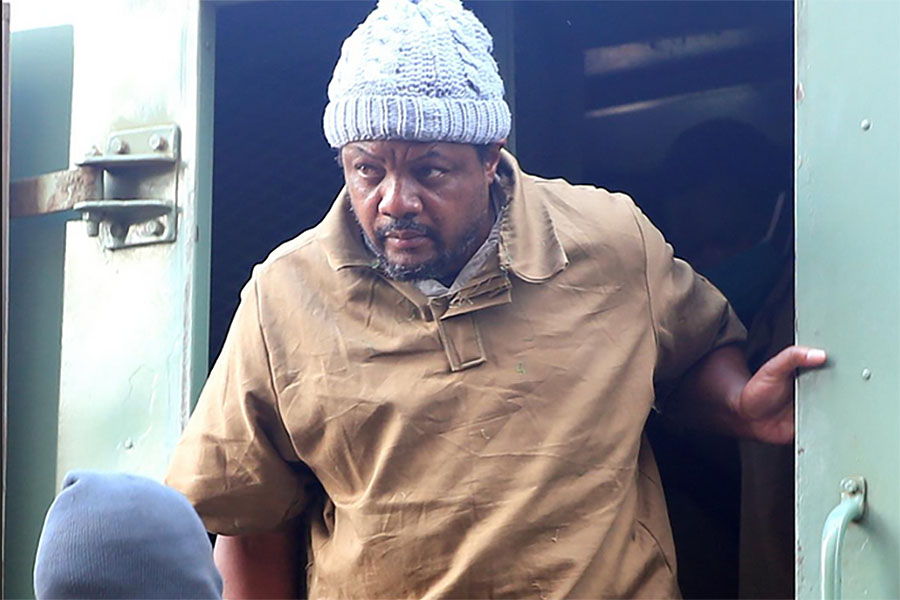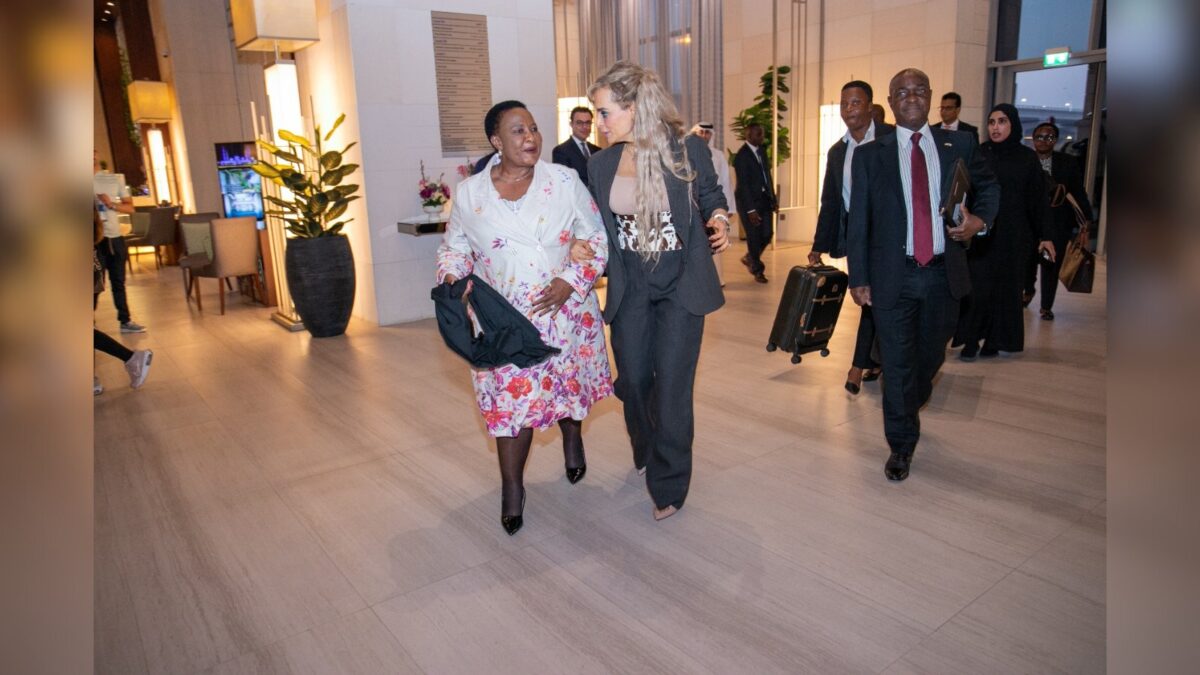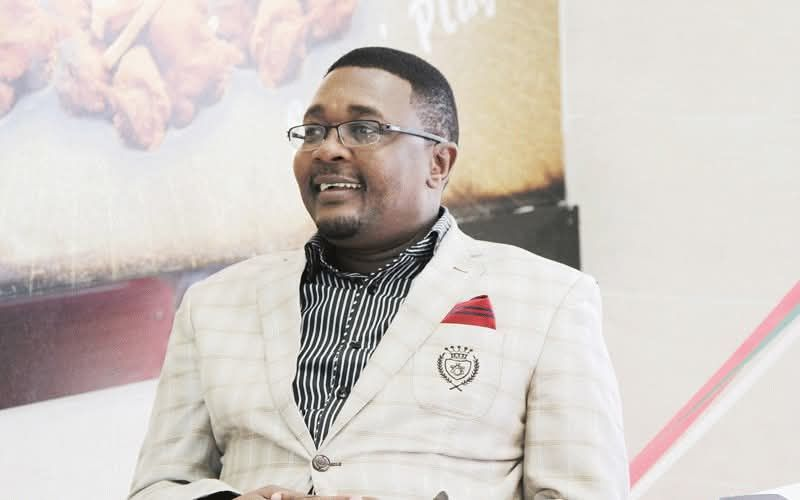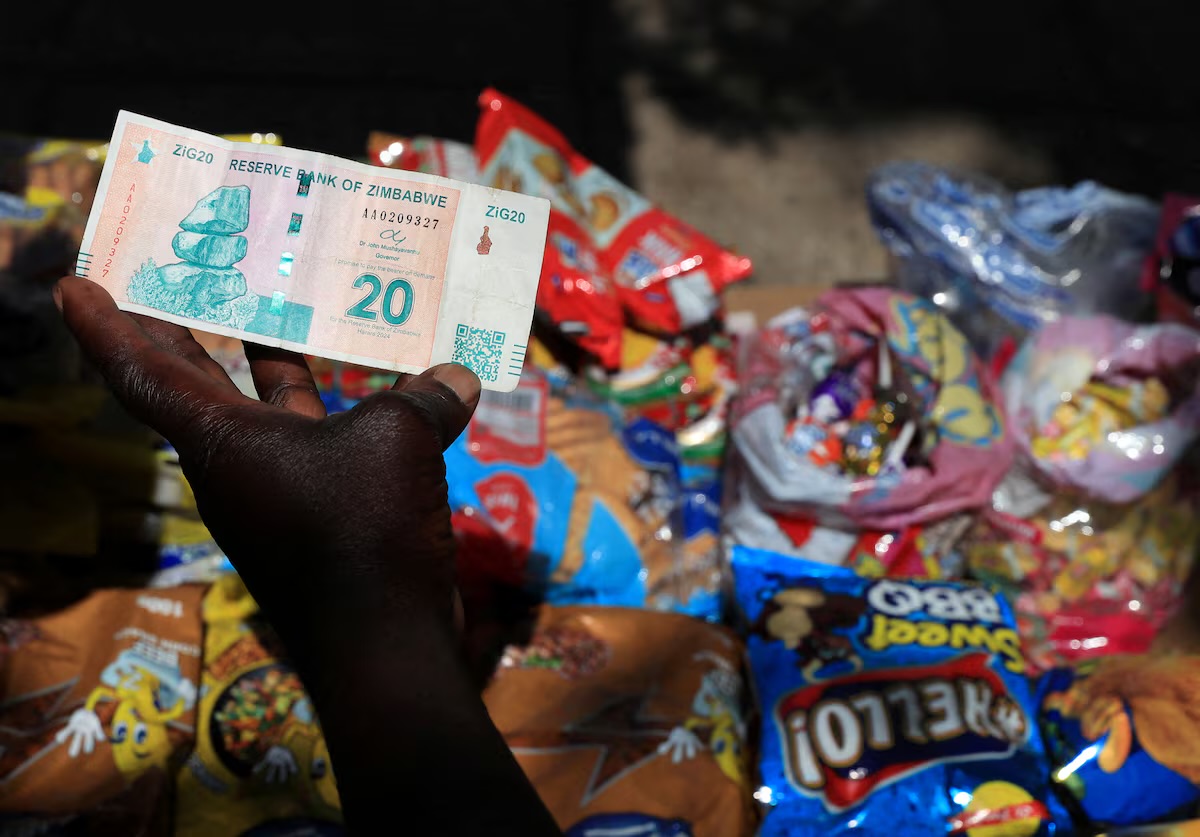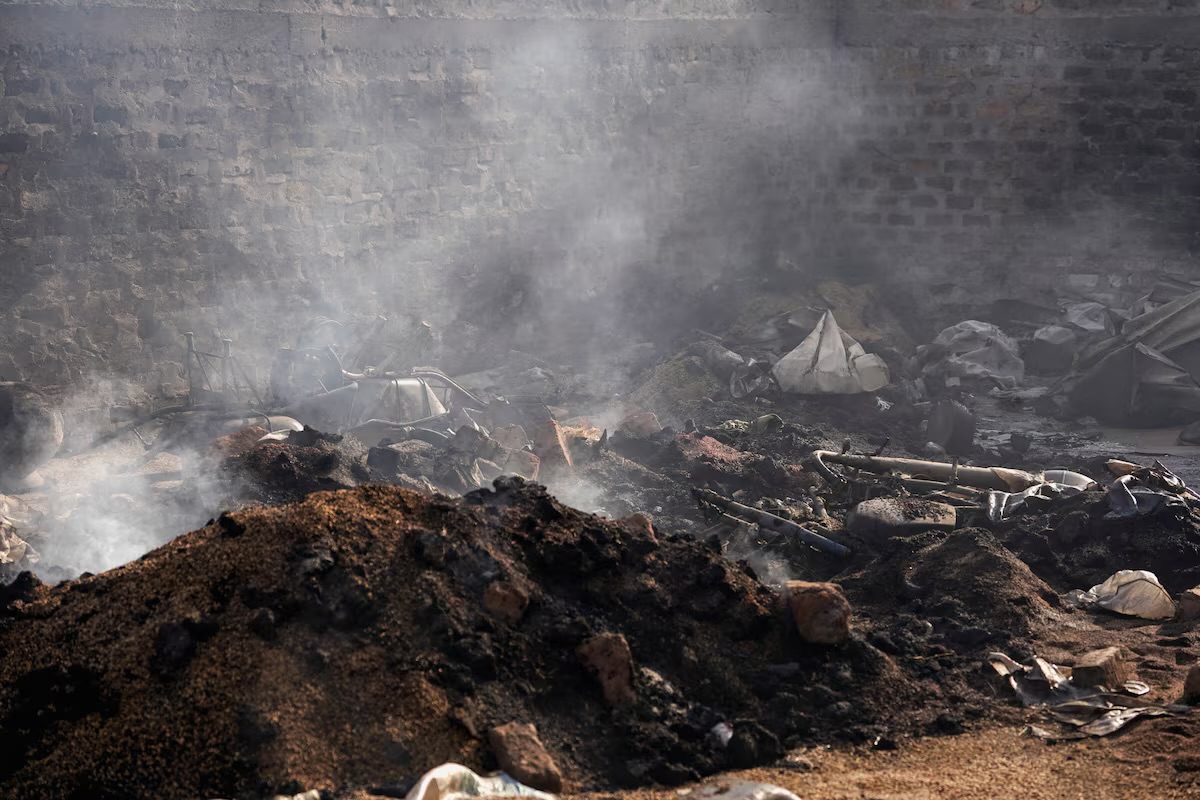HARARE – Prosecutor General Kumbirai Hodzi asked the High Court on Tuesday to rescind its acquittal of journalist Hopewell Chin’ono on accusations of publishing falsehoods after a judge handed down a default ruling granting that there was no such offense as argued by the applicant.
Hodzi contends that had prosecutors not failed to respond to Chin’ono’s appeal for review, there is not a chance he would have won.
The award-winning filmmaker was arrested and charged under Section 31 of the Criminal Law (Codification and Reform) Act, which criminalizes “publishing or communicating false statements prejudicial to the State” in January after allegedly sharing a video on social media of a woman who appeared to accused a police officer of fatally striking her baby with a baton.
Except, the statute was struck down by the Constitutional Court in 2014 in a matter brought by Zimbabwe Independent newspaper journalists.
Chin’ono was cleared by Justice Jesta Charehwa after prosecutors failed to respond to his application for review in which his lawyers argued that the charges were bogus as there was no law broken.
And now, a law officer from the prosecuting authority Fungai Isaac Nyahunzvi is taking the rap in an affidavit deposed on Hodzi’s behalf, faulting himself for the misstep.
Nyahunzvi says he forgot that he had received an application for review from Chin’ono and that he had to respond, only to remember when the ruling was handed down.
“No opposing papers were filed on behalf of the second respondent, the matter was treated as unopposed and a default judgment was subsequently granted,” he submitted.
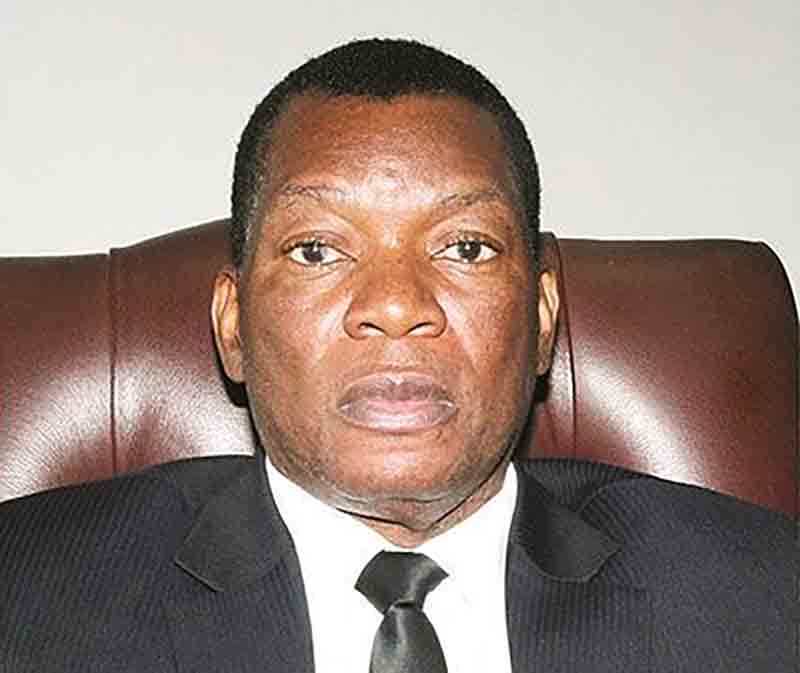
Nyahunzvi said the matter slipped his mind because his hands were full, working on another appeal against the release of Chin’ono’s passport.
“I then erroneously closed my file. It totally eclipsed my mind that I was then also supposed to attend to the application for review, that is filing my opposing papers,” the prosecutor said.
He further contended that Chin’ono’s application was set to flop because the Constitutional Court had found the falsehoods provision unlawful only in 2014, and not now.
“As things stand it is still a valid law of the Republic of Zimbabwe. For it to be declared invalid the Constitutional Court has to be petitioned again and the question of its validity interrogated vis-a-vis the provisions of section 61(5) of the current Constitution.
“The applicant is of the view that had the matter been decided on the merits with both parties being heard then the application for review would not have met any success,” Nyahunzvi said, praying for an order reversing Charehwa’s judgment.
The matter is pending.

